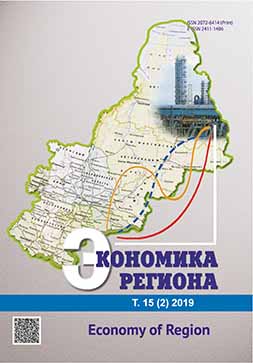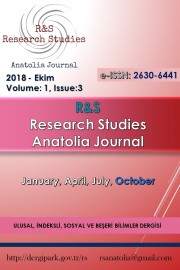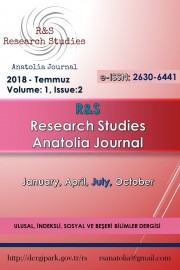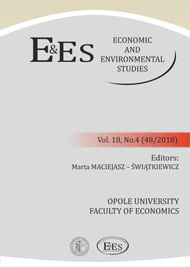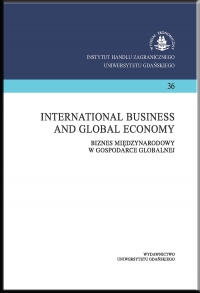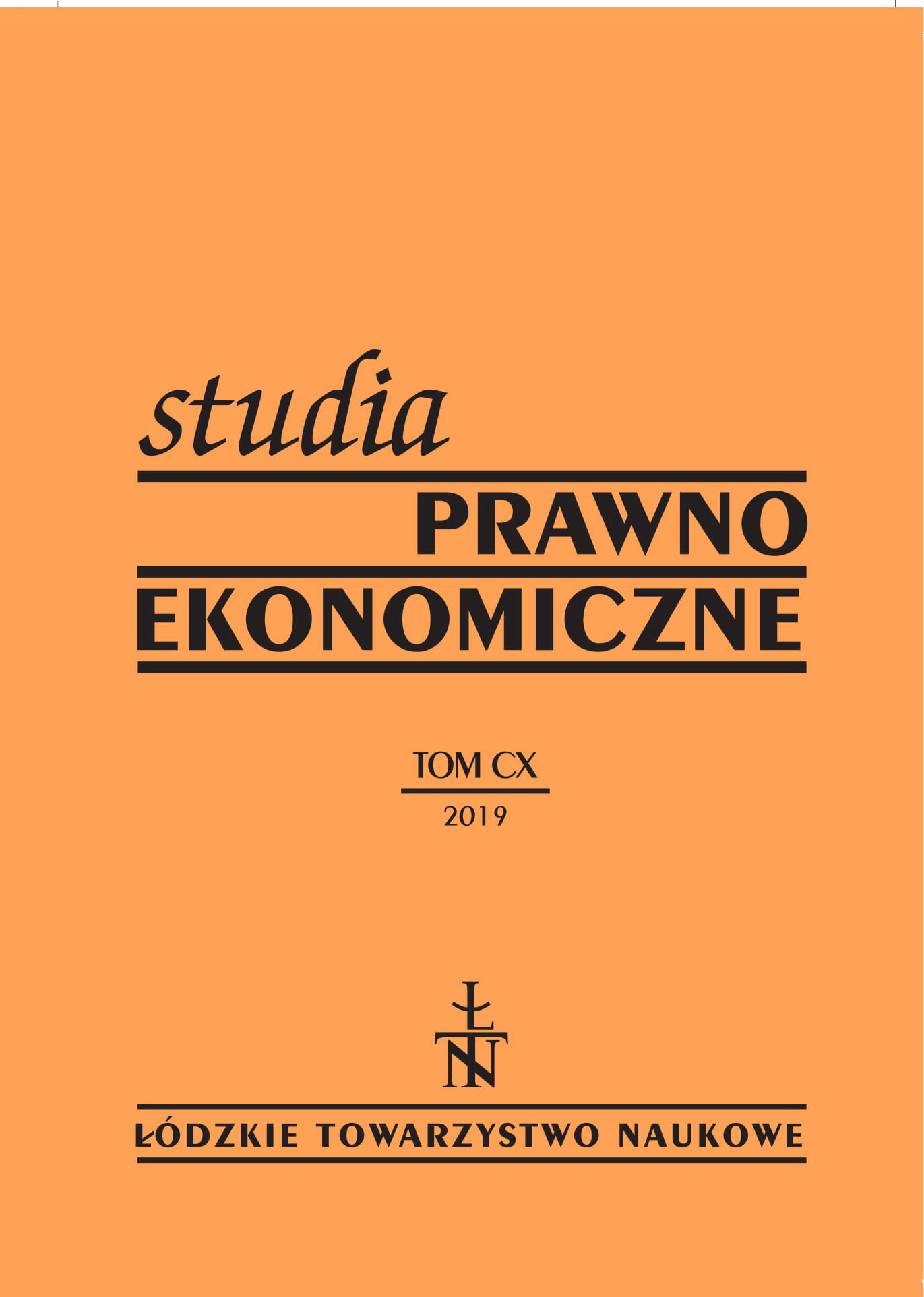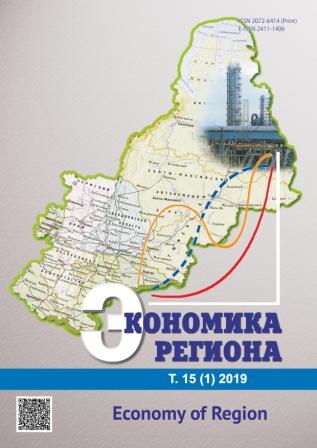
Формирование и развитие глобального рынка систем искусственного интеллекта
We conducted a research on the global market of artificial intelligence systems and technologies and its new stage of development. The relevance of this research is caused by recent economic slowdown, structural changes and imbalances of the world economy. The need for creating a new base of economic development for successful companies’ and countries’ competition in the world market sharply increased. Thus, we aimed to identify critical parameters, trends and barriers for such market’s development. Scientific interest to artificial intelligence (AI) as a subject of economic research steadily increases. At least, in the medium term, new large corporations will appear unprecedentedly quickly in those world economy industries that form consumer demand for goods and services. In certain industries, for example, in automotive ones, the use of AI is limited by natural restrictions. In some developed countries the use of AI is connected with calls for improving competitiveness of their social and economic development models and with low rates of economic growth. Development of the world market of artificial intelligence systems is at transitional stage, giving new opportunitiesfor goods production improvement and economic growth all over the world. At the same time, the accruing foreign trade protectionism breaks global chains of added value and slows down dissemination of new technologies that promotes decline in productivity. Therefore effective instruments of the international cooperation are necessary for preserving past achievements. New system of competitive advantages and place of the world economy actors in the international division of labour has to be established. Developing the market of artificial intelligence systems will inevitably lead to searching for a new paradigm of national innovative systems’ advancement. This, in turn, will promote further aggravation of the competition between countries and between the largest multinational corporations. TheAI and digital technologies has become a significant factor for the world economy development in the conditions of economic growth slowdown.; However, the positive effect from their implementation remains disputable. This factor will significantly define countries’ economic policy. In Russia, developments in the field of AI are promising, but their implementation demands complex institutional conditions.
More...
